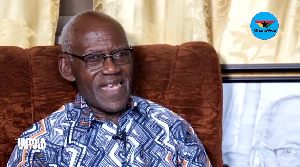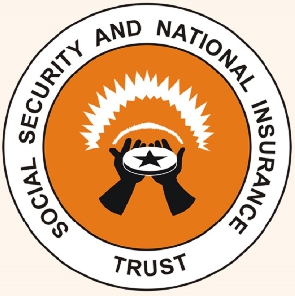Regional News of Wednesday, 16 June 2010
Source: GNA
Six border communities to have one senior high school
Nsesereso (B/A), June 16, GNA - Seven Dormaa communities along the Ghana/Cote d'Ivoire border are to have a common Senior High School(SHS) sited within their reach.
The Dormaa Municipal Chief Executive, Mr Vincent Oppong Asamoah, said this during his tour of the communities to assess their basic needs. He appealed to the chiefs of the seven communities to set up a committee to work out modalities for its establishment.
The communities are Asunsu Number One, Asunsu Number Two, Danyame, Brofoyedruru, Ahogono, Nsesereso, Soukura and Benekwakrom. Mr. Oppong said the proposed committee's terms of reference would include acquisition of land for the school and drawing of proposals to raise awareness among parents to send their children to school. He also announced the assembly's decision to create a central market for the communities to boost economic activities in the area. The Chief of Asunsu Number One, Nana Dei Kusi Asante Ababio, appealed to the assembly to rehabilitate some abandoned school blocks in the town to accommodate teachers posted to the area.
Nana Tutu Ababio, Cief of Asunsu Number Two, pleaded with the Chief Executive to extend the school feeding programme to the Roman Catholic basic school and also consider liaising with the Electoral Commission to create a temporary polling station in the area to offset usual long journey to the nearest polling station during elections.
The Chief of Nsesereso Nana Brafo Ababio, a second year SHS student, welcomed the assembly's intention to establish the community senior high school and pledged the people's support in terms of communal labour. Nana Brafo, 53, called on the municipal assembly to enact bye-laws to sanction parents who may either refuse to send their children to school or decide to engage them in worst forms of child labour.
Among their basic requests to the assembly were the provisions of potable water, renovation of dilapidated classroom blocks and the extension of electricity to the communities.










